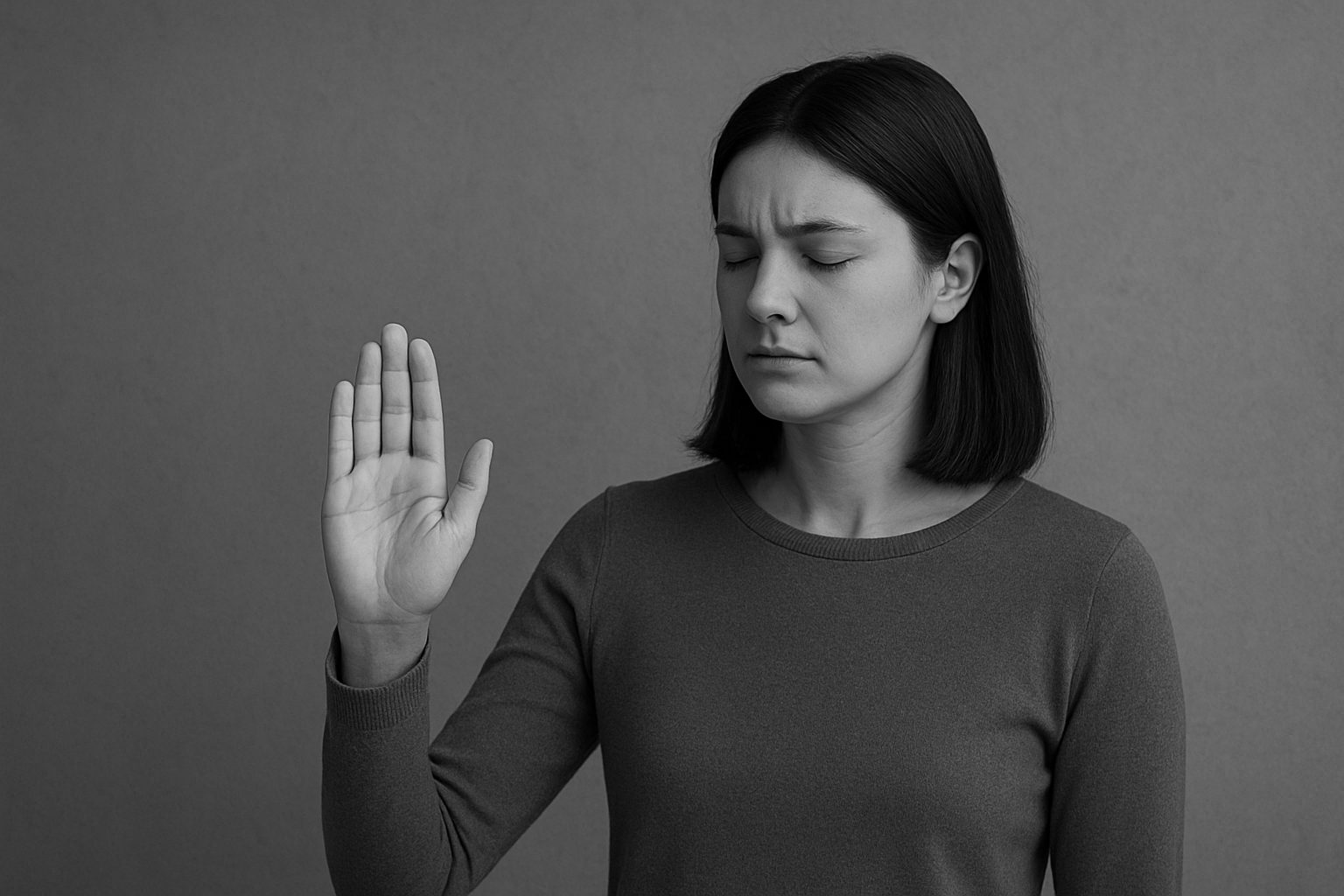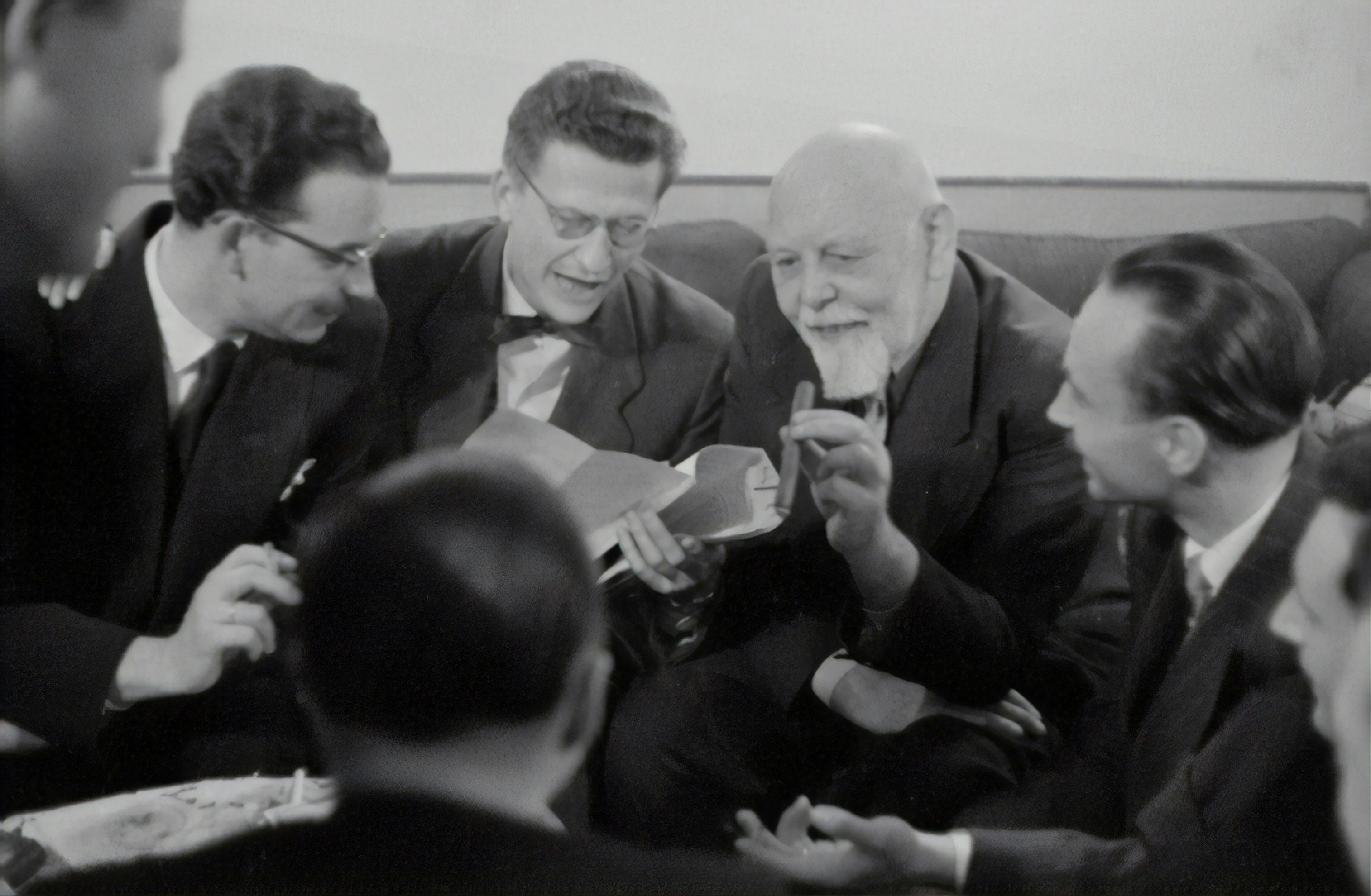My mental health supporters have always told me about the importance of maintaining personal boundaries. But in the culture I grew up in, what I experienced was often the opposite. Everyone, especially elders, was allowed to cross boundaries, and those intrusions were considered acts of love and care rather than violations. Even when I felt uncomfortable or hurt, I was made to believe it was my mistake for feeling that way.
I’m sure this isn’t just my story. Many of you reading this may have faced similar experiences, times when you felt something wasn’t right but didn’t have the words to explain it. Maybe you were told to tolerate it or, worse, that it was normal. Over time, that confusion can lead us to blur the lines between care and control, between connection and intrusion.
We need to rethink personal boundaries and learn to adapt them to our modern lives. In this AI-driven era, where everything is fast, visible, and often shared, maintaining mental calm and focus is essential for survival. So, through this post, let’s try to resolve what I call “the boundary equation.”
My First Memory of a Boundary Breach
My earliest memory of a boundary violation goes back to when I was in the fourth grade. I was hospitalized with measles, and one day, several relatives came to visit me. A nurse entered the room to give me an injection and politely asked everyone to leave, as it required privacy. Everyone stepped out, except one uncle.
Despite the nurse’s repeated requests, he refused to leave, saying, “I’m her uncle. I can stay.” And he did. I remember feeling deeply uncomfortable, but as a child, I couldn’t understand why. I convinced myself that my discomfort was an overreaction, that I was being sensitive because I hadn’t interacted much with men after my father’s passing.
But years later, I realized that it wasn’t sensitivity; it was awareness. That moment wasn’t normal; it was a breach of my personal space and dignity.
What Was Wrong With That Moment?
There were several layers of wrongness in that simple incident:
- He violated my privacy and my sense of safety.
- Nobody in the room corrected him or told him it was inappropriate.
- My mother, too, accepted his justification.
- I was left feeling guilty and confused, emotions no child should bear.
- That confusion contributed to many thought distortions I am still unlearning today.
This was my first lesson in how personal boundaries extend beyond physical space and shape our psychological safety, self-worth, and emotional clarity.
What are Personal Boundaries?
According to the University of California, personal boundaries are the limits and rules we set for ourselves within relationships. A person with healthy boundaries can say “no” when they need to, but can also open up to meaningful intimacy when they choose to.
There are generally three types of boundaries:
- Avoids intimacy and closeness
- Rarely asks for help
- Keeps a strong guard around personal information
- May appear detached, even with close people
- Avoids rejection by keeping a distance
- Overshares personal information
- Has difficulty saying “no”
- Gets overly involved in others’ problems
- Relies on others’ opinions for validation
- Tolerates disrespect or emotional abuse
- They value their own opinions and emotions
- Communicates needs clearly and respectfully
- Share personal details appropriately; not too much, not too little
- Accepts “no” from others without resentment
”Healthy boundaries form the foundation of emotional boundaries in relationships. They allow love, empathy, and closeness to exist without dependence or control.
Zero Hour
Why We Need Boundaries
Boundaries are not walls; they’re gates. They help define where we end and others begin. Here’s why they matter:
- For Mental Health: Without clear limits, emotional fatigue sets in. Constant accessibility, especially in the digital age, can make us lose our sense of self.
- For Growth: Everyone needs personal space to think, rest, and recharge. Growth demands solitude as much as connection.
- For Work-Life Balance: Even in professional environments, respecting autonomy in personal and professional life prevents burnout and resentment. Micromanagement, for instance, harms productivity, while respectful leadership empowers it.
- For Physical and Emotional Safety: Some boundaries protect our bodies; others protect our minds. Both are equally vital.
The Concept of Proximity
During my engineering studies, I learned about the concept of proximity in communication: a topic that profoundly shifted my perspective on relationships. Proximity refers to the physical or psychological closeness between people and how it shapes interactions. It includes both physical distance (how close you stand or sit) and emotional distance (how much of your inner world you reveal).
Understanding this taught me something crucial: maintaining distance isn’t a flaw; it’s a skill. Some communications are meant to be close, while others require space. Before learning this, I often felt guilty for wanting distance or for protecting my space. But now I know that how much involvement is too much depends entirely on context, comfort, and consent.
Proximity isn’t just about bodies, but about energy, safety, and emotional equilibrium. It’s about being close enough to care but far enough to breathe.
How to Recognize and Set Boundaries
I’ll admit, I’m still learning this. Setting boundaries doesn’t come naturally to me. But one rule always helps: whenever I feel discomfort, that’s a signal, my mind is alerting me to a boundary.
Here’s what I’ve learned works:
- Listen to your discomfort. It’s your first line of defense.
- Communicate clearly. You don’t owe lengthy justifications for your “no.”
- Respect others’ boundaries. Don’t assume openness equals consent.
- Teach children about boundaries early. Instead of just teaching “good touch, bad touch,” teach that any unwanted touch or question that causes discomfort is not okay.
In a world shaped by social media, boundaries in the age of oversharing are more complex than ever. We post, share, and react in real time but often forget that not everything deserves an audience. Respecting others’ privacy online and offline is part of modern empathy. You don’t need to explain every decision or emotion publicly. Some parts of your life deserve protection, not exposure.
To Conclude
It’s essential for all of us to realize the importance of personal boundaries and to maintain them consciously. Whether it’s someone at home hugging you without consent, a friend prying into your personal affairs, or a coworker crossing emotional lines, you are not obligated to accept it. You can say, “No, I’m not comfortable with that.”
If they dismiss your “no,” you have every right to act, to distance, to speak up, to protect yourself. Because your body, your time, and your mind belong to you. The right to expression, no matter whose it is, ends where your peace begins.
So, practice boundaries. Advocate boundaries. Live by boundaries. Because your well-being matters. Protecting it is not selfish; it’s self-respect.
If you believe mental well-being deserves attention, not stigma, I’d love for you to join this journey. Follow me on Instagram, X, or LinkedIn to stay updated on Thought and be part of a growing community that cares.
Did you like this blog post? Write to me. Because your feedback is valuable.
Also, check out my other blog posts on similar subjects and more.





